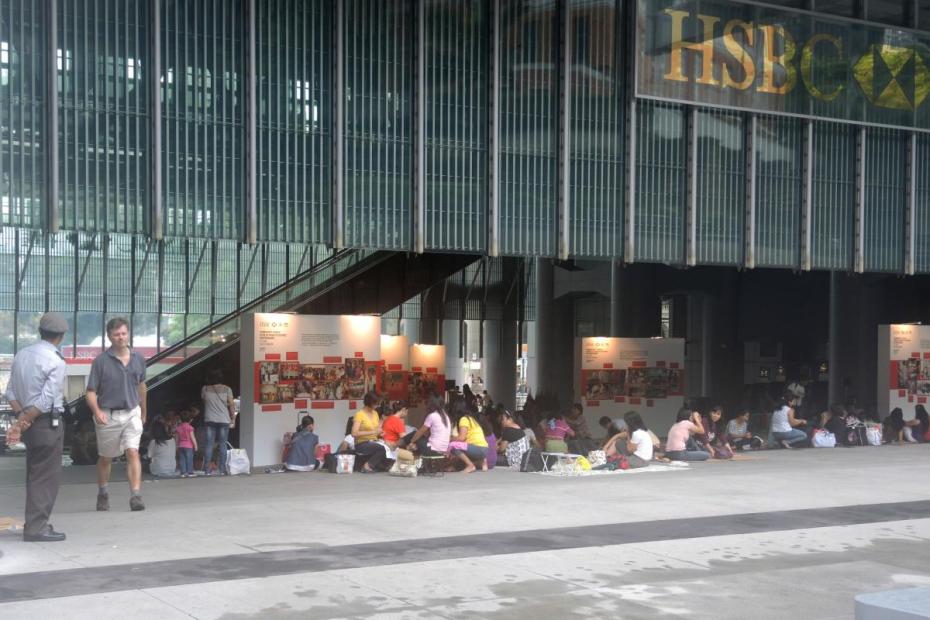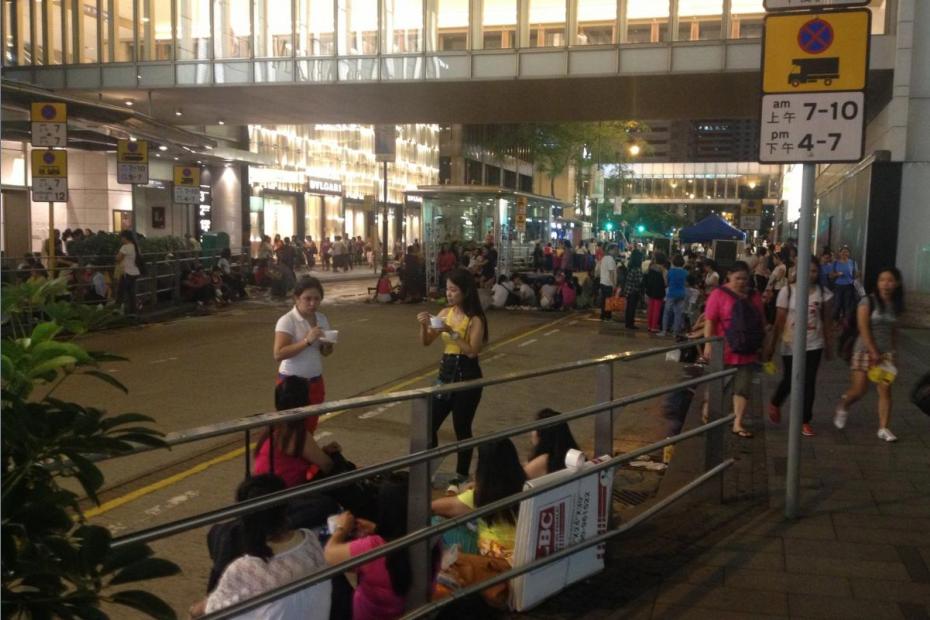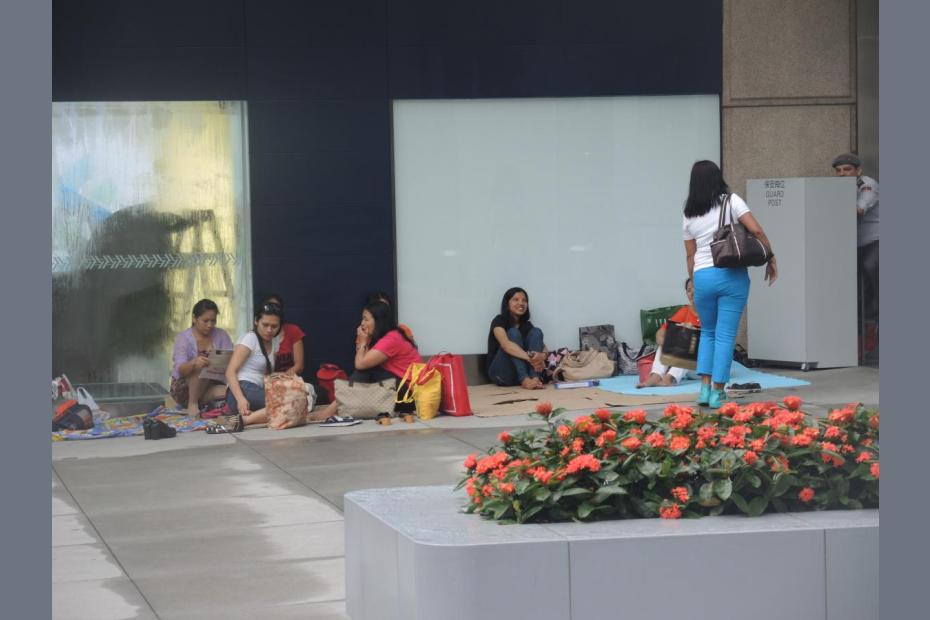Filipinas say that the biggest cultural difference between Hong Kong and the Philippines is the “right now,” driven, work-focused ethic of Hong Kong Chinese. They compare this to a culture at home that is more “manana”-focused and far less rushed.1 They often speak with admiration of the way that the Hong Kong economy can provide for its people, in contrast to the corruption and ineptitude that they see at home, and which has driven educated people to have to seek lower-status forms of employment abroad.
Though at least half of Hong Kong Chinese have no religious affiliation, and the city has a hustle-bustle, commercial and secular feel, none of the Filipinas interviewed suggested that it was a particularly difficult place to be a Christian. The Hong Kong Chinese did not regard it as strange, unfortunate or problematic that the Filipinos went to church (though they might think differently toward Chinese who attend church). Whereas pluralistic, globalized, consumerist and prosperous societies are often thought to whittle away at religious faith and attachment, there seems to be little evidence of this among the Filipino community in Hong Kong. Urbanization has not meant secularization or disenchantment, though it has probably limited the scope of Filipino religious practice in certain ways, though still not diminished it.
During the week, Filipinos hardly seem visible in Hong Kong; but on Sundays, their presence becomes impossible to miss in downtown areas. On Sundays, Filipinas gather in huge numbers in the Central district, filling whole parks and plazas. Streets are even cordoned off to give them more space, and street benches and available spaces are commandeered quickly by groups of friends.
- 1Interviews with Filipina househelp in Hong Kong, conducted by Thomas M. Landy, June 2013.


